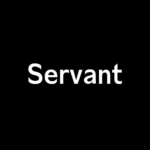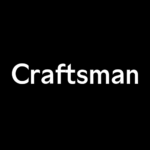
Stage 2
Deciding What Sort of Organisation
Your Company Should Be
Once you have determined what sort of organisation your company is, the next stage in the Aletheian process is to work out what sort of organisation would perform best in achieving what your company is trying to achieve.
If you haven’t taken our quiz to work out what sort of organisation your company is, we recommend that you do that here.
There are, of course, an infinite number of possible companies with different cultures and characteristics. Your company is unique, and is different to any other company out there. But your company is likely to fall within one of four broad categories of company. We call them archetypes. Click on the buttons below to see a brief description of each archetype.
If you have done our quiz in Stage 1 and this tells you that your company already fits the archetype that best suits your strategy, unfortunately there is still work to do. Even if your company fits the right archetype its culture probably isn’t fully aligned with your corporate strategy. And your culture probably isn’t as strong or as well established as it could be. You can address these issues in the next stage – simply click the button below when you are ready.



